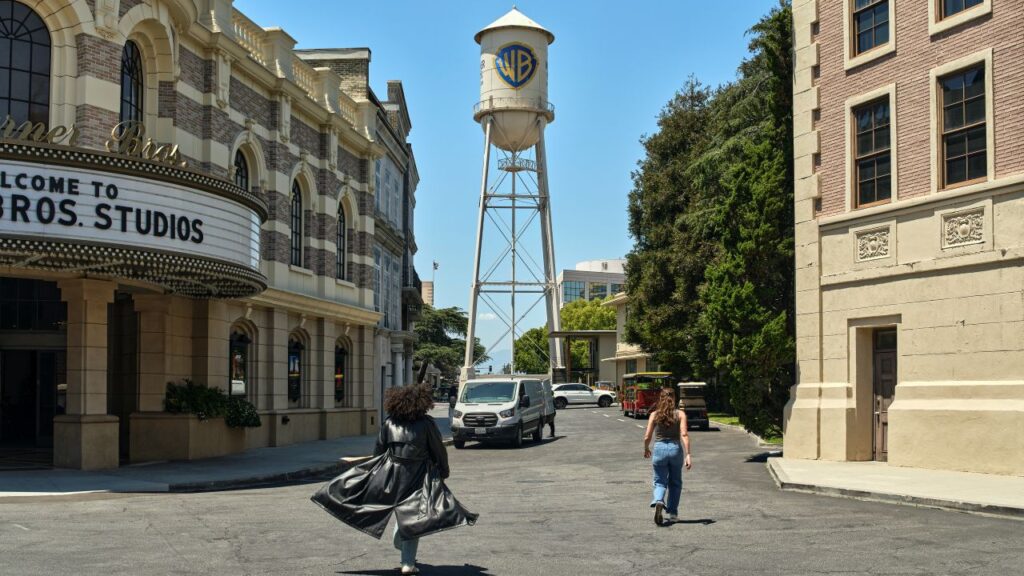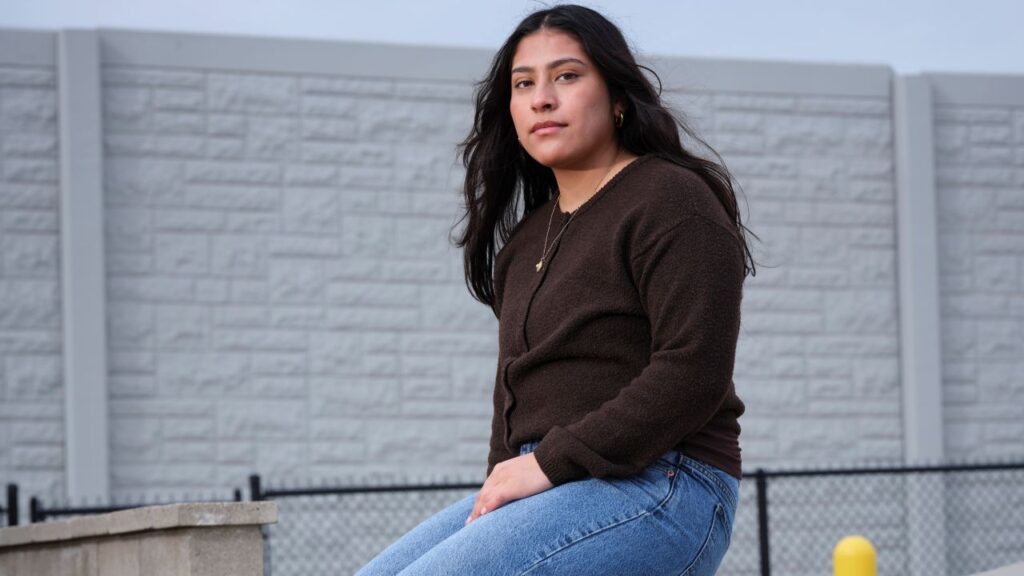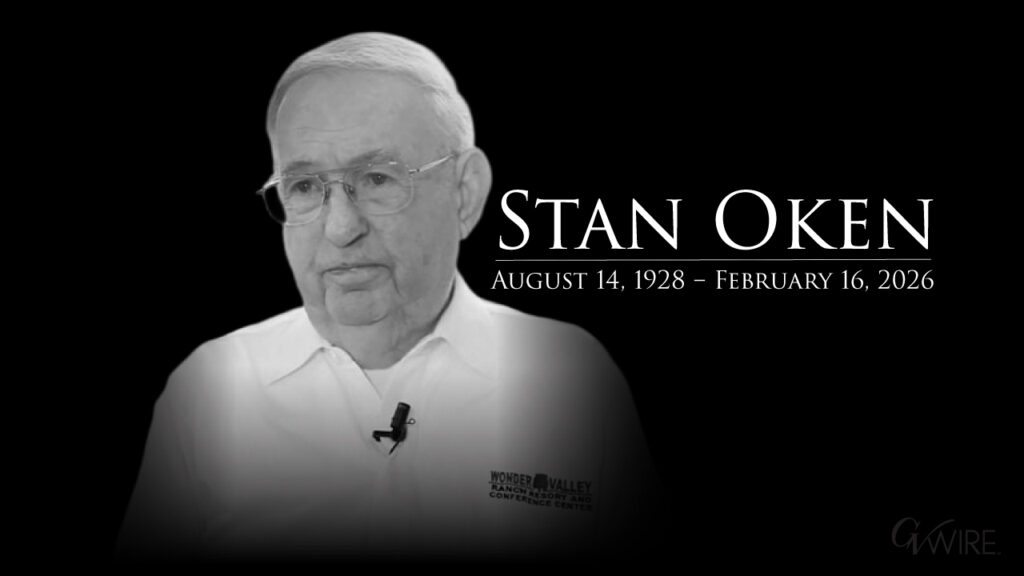Share
After a bit of last-minute legislative maneuvering, the list of propositions that California voters will be asked to weigh in on has been — more or less — finalized.

Ben Christopher
CalMatters
This past week marked the deadline for citizens and special interests to snag their spot on the Nov.3 ballot. Eight measures made the cut. They address matters as vital and/or esoteric as rent control, property tax law, dialysis clinic staffing requirements, stem cell research funding and the preservation or final dispatch of cash bail in California.
The same date also marked the deadline for legislators to place their preferred measures on the November ballot. But lawmakers have a bit more flexibility when it comes to deadlines. This flexibility gave lawmakers a few extra hours to add four measures: two to expand voting rights, one that ends a 22-year-old ban on affirmative action, and one that is a tortuously complicated property tax measure that somehow ropes in Realtors, wildland firefighters and “The Dude” from The Big Lebowski.
Here’s your November ballot preview:
Race and Civil Rights:
These three measures, all placed on the ballot by the Legislature, had been introduced before protests against racism and police brutality swept the country. But as California lawmakers look for ways to play a role in the national debate about institutional barriers to equity and the meaning of citizenship, many legislators see these as particularly potent causes.
Ending the ban on affirmative action
Who put it there: The Legislature, via a bill by San Diego Democrat Assemblymember Shirley Weber
Type: Constitutional amendment
What it would do: Allow schools and public agencies to take race and other immutable characteristics into account when making admission, hiring or contracting decisions.
In 1996 California voters passed Proposition 209, a constitutional amendment banning affirmative action at state institutions. The result was an immediate drop in Black and Latino enrollment at the state’s elite public universities. Some civil rights organizations have been trying to repeal Prop. 209 ever since.
Each of those attempts has been stymied by a coalition of Republicans, moderate Democrats and some progressive legislators who represent districts with large Asian American voting populations. This year, as in previous years, some of the most vocal and persistent opponents of the effort to reintroduce affirmative action have been Chinese-American political activists. They argue that boosting enrollment of students from underrepresented racial groups would come at the expense of “overrepresented” Asian American students.
Restoring the right to vote to people on parole
Who put it there: The Legislature, via a bill by Sacramento Democrat Assemblymember Kevin McCarty.
Type: Constitutional amendment
What it would do: Allow Californians who are currently on parole to vote.
In 1974, California voters passed a ballot measure giving people who have committed felonies the right to vote once they complete their sentences and are no longer on parole.
Thanks to that law, there are some 40,000 Californians who are not in prison but unable to legally cast a ballot. But as with any criminal justice debate, this is also one about race. According to an estimate from 2016, two thirds of people on parole in the state are Latino or Black.
Letting (some) 17-year-olds vote (some of the time)
Who put it there: The Legislature, with a bill introduced by San Mateo Democrat Assemblymember Kevin Mullin.
Type: Constitutional amendment
What it would do: Allow 17-year-old U.S. citizens to vote in a primary and special election as long as they will turn 18 by the subsequent general election.
California Democrats have been on a decade-long tear increasing voting access. Same-day voter registration, automatic registration at the DMV and pre-registration of 16- and 17-year-olds are among the recent pro-vote innovations to come out of the Capitol.
Letting people under 18 vote would be yet another extension. Already 23 states let 17- year-olds vote in certain circumstances.
Democratic legislators have tried to do this six times before; this is the first to make the ballot.
Housing and Prop. 13:
This wouldn’t be a California election without at least a few wildy contentious ballot measures about housing and property taxes.
Split roll
Who put it there: Citizens. Campaign largely funded by the California Teachers Association, SEIU California and the Chan Zuckerberg Foundation
Type: Constitutional amendment
What it would do: Tax some commercial property based on its market value, rather than the price at which it was purchased. This would raise property taxes on many large businesses across the state, increasing funding for schools and local government.
In 1978, California voters passed Proposition 13, placing a cap on property taxes, kicking off a nationwide anti-tax revolt and placing city and county budgets in a generation-spanning straitjacket.
By tying a landlord’s property tax payments to the original purchase price, Prop. 13 has been the gift that keeps on giving to property owners, particularly those lucky enough to have bought cheap real estate decades ago. There’s been bipartisan reluctance among lawmakers to touch it ever since, lest they incur the wrath of irate homeowners.
This initiative attempts to divide and conquer that political problem by repealing the property tax protections only for commercial landlords with more than $3 million in holdings. If this measure passes, those landowners would have to make tax payments based on the current value of their properties — a tax hike for most — resulting in an estimated $6.5 to $11.5 billion more for cities, counties and school districts.
Property tax breaks and closing the “Lebowski loophole”
Who put it there: The Legislature, via a bill by San Mateo Democrat Assemblymember Kevin Mullin, but sponsored by the California Realtors.
Type: Constitutional amendment
What it would do: Allow homeowners who are over 55, disabled or victims of natural disaster to take a portion of their property tax base with them when they sell their home and buy a new one. It would also limit the ability of new homeowners who inherit properties to keep their parents’ or grandparents’ low property tax payments. Most of the additional money raised would go into a state fire response fund.
We’ve seen this one before — half of it, anyway. In 2018, the California Association of Realtors put a measure on the ballot allowing older or disabled homeowners to keep a portion of their Prop. 13 tax break. The Realtors argued that the current property tax rules disincentivize longtime homeowners from moving, “trapping” empty-nesters in houses that are too big for them and locking out new families. But because the measure would cost schools, counties and cities, it was opposed by organized labor and local government groups — and failed by 20 points.
The Realtors tried again this year, but with an added fiscal sweetener. Under this proposal, anyone who inherits a home from their parents or grandparents would only be allowed to keep the low property taxes if they use the home as their primary residence and only on the first $1 million between the home’s original purchase price and its market value. Inspiration for that caveat may have come from the Los Angeles Times, which tracked down a number of California scions, including “The Big Lebowski” star Jeff Bridges, who are still paying 1970-era property tax levels on their rental properties.
And then there was a last-minute wrinkle. In the final weeks of June, the Realtors sprang a deal: designating that most of the funding generated by the measure would go to fighting wildfires. That won the support of the influential California Professional Firefighters union. It also means the measure will be funding a public need that might be on many voters’ minds come November.
That bargain was struck after the Realtors had submitted their signatures, so with the help of Assemblyman Mullin, they passed it through the Legislature, pulling their original proposal just before the deadline.
Rent Control (Again)
Who put it on the ballot: Signatures, collected via an effort mostly funded by the AIDS Healthcare Foundation.
Type: Statute
What it would do: Allow cities to introduce new rent control laws, or expand existing ones.
Despite a 20-percentage point, 56-out-of-58 county defeat in 2018, a statewide rent control measure is back on the ballot.
Polling from that election season suggested that California voters generally liked rent control as a concept, but worried about the specifics of the proposal. Accordingly, this new initiative makes a few tweaks.
Under this one, cities would be allowed to apply new rent control ordinances only to homes that are at least 15 years old. And it exempts single-family homes owned by landlords with no more than two properties.
Just like last time, the measure is being pushed by the Los Angeles-based AIDS Healthcare Foundation and its pugnacious president Michael Weinstein. State lawmakers — by passing a law last year that set a 7% ceiling on how much landlords can raise rents each year — had hoped to ward off another attempt by Weinstein and company. They had no such luck.

How Tough on Crime:
California, the home of three-strikes sentencing, has spent the last decade rethinking its approach to criminal justice. Two measures on the November ballot, channeling the spirit of the ‘90s, are pushing to reverse that reversal.
Ditch or keep cash bail
Who put it there: Signatures, via a campaign largely funded by the bail bond industry.
Type: Referendum
What it would do: Ask voters to either approve or strike down a state law that banished money bail from the state criminal justice system.
In 2018, acting on the advice of state Supreme Court Chief Justice Tani Cantil-Sakauye, legislators passed a bill ending cash bail in California. Rather than letting people pay their way out of jail while they await trial, the law gives judges the right to determine whether someone who is arrested should be kept behind bars based on the risk they are deemed to pose to themselves or others.
Moving quickly, the bail bond industry mounted a campaign to put the question on the ballot as a referendum. Voters will vote either “Yes” to keep the state law and end cash bail for good, making California the first state to do so, or “No” to keep the bail system.
Rolling back Brown-era “leniency”
Who put it there: Signatures, via a campaign largely funded by law enforcement agencies.
Type: Constitutional amendment
What it would do: Allow prosecutors to charge repeat or organized petty theft as a felony, require probation officers to seek tougher penalties for those who violate the term of their parole three times, and exclude those who have been convicted of domestic violence and certain nonviolent crimes from early parole consideration.
Gov. Jerry Brown was famously allergic to talk of his “legacy” while in office. But if the former governor has one, it might be the effort he spent in his final two terms as governor supporting efforts to reverse the “tough on crime” policies he helped introduce during his first two terms in the 1970s and ‘80s.
In 2011, California legislators reduced punishments for parole violators. In 2014, voters passed Proposition 47, recategorizing some non-violent crimes as misdemeanors. In 2016, voters passed Proposition 57, giving inmates convicted of certain non-violent offenses a shot at early release.
This ballot measure would partially undo each of those.
Labor vs. Management:
Usually standoffs between employees and their bosses take place behind closed doors. In California, you often find them on the ballot.
Self-employment for ride-hail and other app-drivers
Who put it there: Signatures, via a campaign mostly funded by Lyft, Uber and Doordash
Type: Statute
What it would do: Turn “app-based” drivers into independent contractors, exempting companies such as Lyft and Uber from standard wage and hour restrictions. It would also guarantee these drivers an earnings floor, a stipend to purchase health insurance and other minimum benefits.
Unless you happen to be an anti-vaccine protestor, the most controversial law of the 2019 legislative session was Assembly Bill 5. On its face, the law simply codified a state Supreme Court ruling, making it much harder for companies to treat their workers as independent contractors, rather than full-fledged employees. In practice, it upended the business models of Uber, Lyft, Doordash, Postmates and Instacart, all of which rely on an army of phone-toting gig-workers to provide their various services.
In the months since, all attempts at legislative compromise have fizzled, California’s Attorney General has sued Uber and Lyft for violating the new law and California regulators declared their drivers to be employees.
As a last-ditch effort, the various companies implicated have poured $110 million — and counting — to push a ballot measure that would simply exclude their drivers from the law. And throwing a bone to critics who say their drivers are mistreated, the measure also imposes some worker benefits and protections.
Regulating dialysis clinics
Who put it there: Signatures, via an effort funded entirely by the Service Employees International Union-United Healthcare Workers West
Type: Statute
What it would do: Require dialysis clinics to have at least one physician on site at all times and to report patient infection data to California health officials.
DaVita Kidney Care and Fresenius Medical Care own the majority of the for-profit dialysis clinics in the state. For years, the Service Employees International Union-United Healthcare Workers union has been at war with them.
After unsuccessful efforts to unionize clinic staff, the union sponsored legislation to cap reimbursement rates to clinics and floated an array of possible ballot measures to boost their staff spending and cut their profits. In 2018, the union finally got one on the ballot: Prop 8, which would have set a cap on clinic profit margins.
The measure was soundly defeated, but only after the two companies spent over $111 million, making it the most expensive ballot campaign ever. This one isn’t likely to be much cheaper.

Coming Back for More:
Two measures on this year’s ballot aim to bolster laws and programs already on the books. Both campaigns are led by Bay Area real estate developers with a penchant for ballot box policymaking.
Stronger consumer privacy laws (again)
Who put it there: Signatures, via a campaign funded entirely by Alastair and Celine Mactaggart.
Type: Statute
What it would do: Strengthen California’s already strongest-in-the-nation consumer privacy law and establish a California Privacy Protection Agency
In 2018, California lawmakers passed the California Consumer Privacy Act, giving consumers the right to find out what data companies are collecting about them, to opt out of having it collected and to have that data scrubbed. It was — and remains — the only law like it in the county. It was also a compromise. San Francisco real estate developer Alastair MacTaggart had been pushing for an even stricter ballot measure, but the Legislature stepped in, brokering a deal between MacTaggart and the tech industry.
Now MacTaggart is back. Along with setting up a state agency tasked with enforcing state privacy law, the measure would beef up financial penalties for violators and allow consumers to demand that personal information not be shared at all, rather than simply not sold.
Borrowing for stem cell research
Who put it there: Signatures via an effort mostly funded by Robert Klein, JDRF International and Open Philanthropy
Type: Bond
What it would do: Borrow $5.5 billion to fund stem cell research
In 2004, voters passed Proposition 71 to create the California Institute for Regenerative Medicine. The institute exists to channel state money toward stem cell research. Prop 71 also let the state borrow $3 billion to do that.
That pot of cash is now almost empty. Robert Klein, a Silicon Valley real estate developer who led the Prop. 71 effort and became the institute’s first board chair, is leading the campaign for more.
RELATED TOPICS:
Categories




















